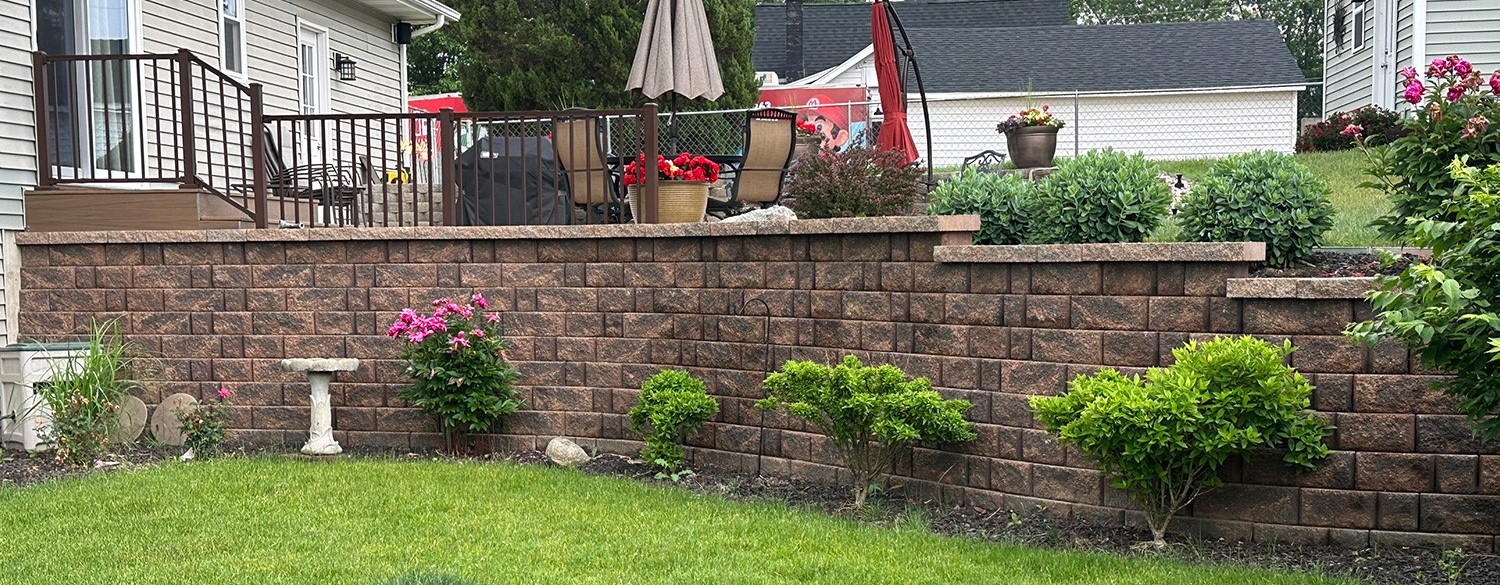Retaining walls have been used for centuries to hold back soil and prevent erosion. From ancient civilizations to modern construction projects, these walls have played a crucial role in shaping the landscape and ensuring the stability of structures. While traditional retaining walls were typically made of stone or concrete, engineered walls have become increasingly popular due to their durability, versatility, and aesthetic appeal.
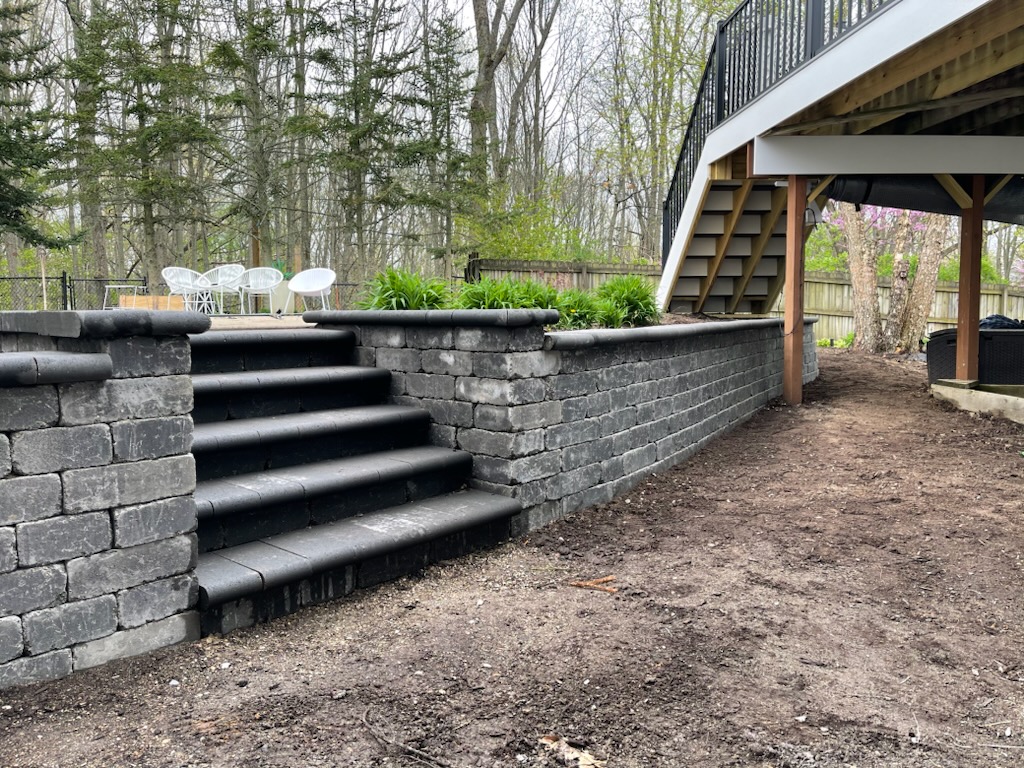
Engineered retaining walls are designed and constructed using advanced engineering techniques and materials to provide superior strength, stability, and longevity. These walls are custom-designed to meet the specific needs of each project, taking into account factors such as soil type, slope, drainage, and load-bearing capacity. By utilizing the latest technology and innovative construction methods, engineered walls can withstand the test of time and provide long-lasting support for a variety of applications.
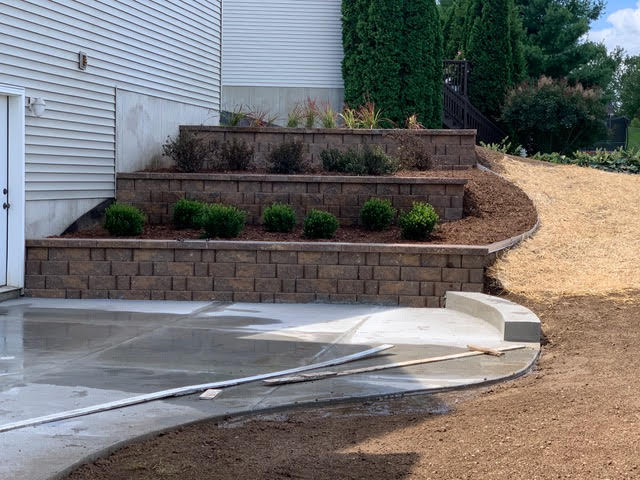
One of the key reasons why engineered walls are so effective is their ability to withstand the forces of nature. Unlike traditional walls, which may be prone to cracking, shifting, or collapsing over time, engineered retaining walls are built to resist the effects of gravity, soil pressure, water infiltration, and other external forces. By using reinforced materials, such as steel, concrete, or geogrid, these walls can withstand high loads and maintain their structural integrity even in challenging conditions.
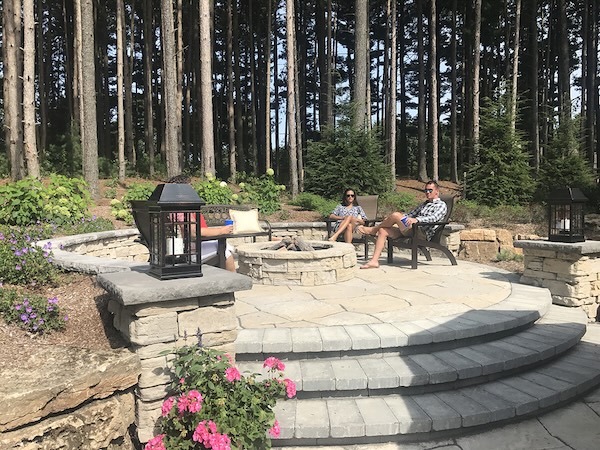
In addition to their strength and durability, engineered retaining walls offer a range of design options to enhance the aesthetics of a project. With a variety of materials, colors, textures, and finishes available, engineered retaining walls can be customized to complement the surrounding environment and create a visually appealing landscape. Whether used to create terraced gardens, define property boundaries, or provide structural support for buildings, engineered walls can add beauty and functionality to any outdoor space.
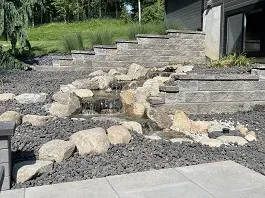
Another advantage of engineered walls is their versatility and adaptability to different project requirements. Whether building a small garden wall or a large-scale commercial development, engineered retaining walls can be designed to meet the specific needs of each project, from height and length to slope angle and load capacity. By working closely with engineers, architects, and contractors, property owners can create custom-designed walls that are tailored to their unique site conditions and aesthetic preferences.
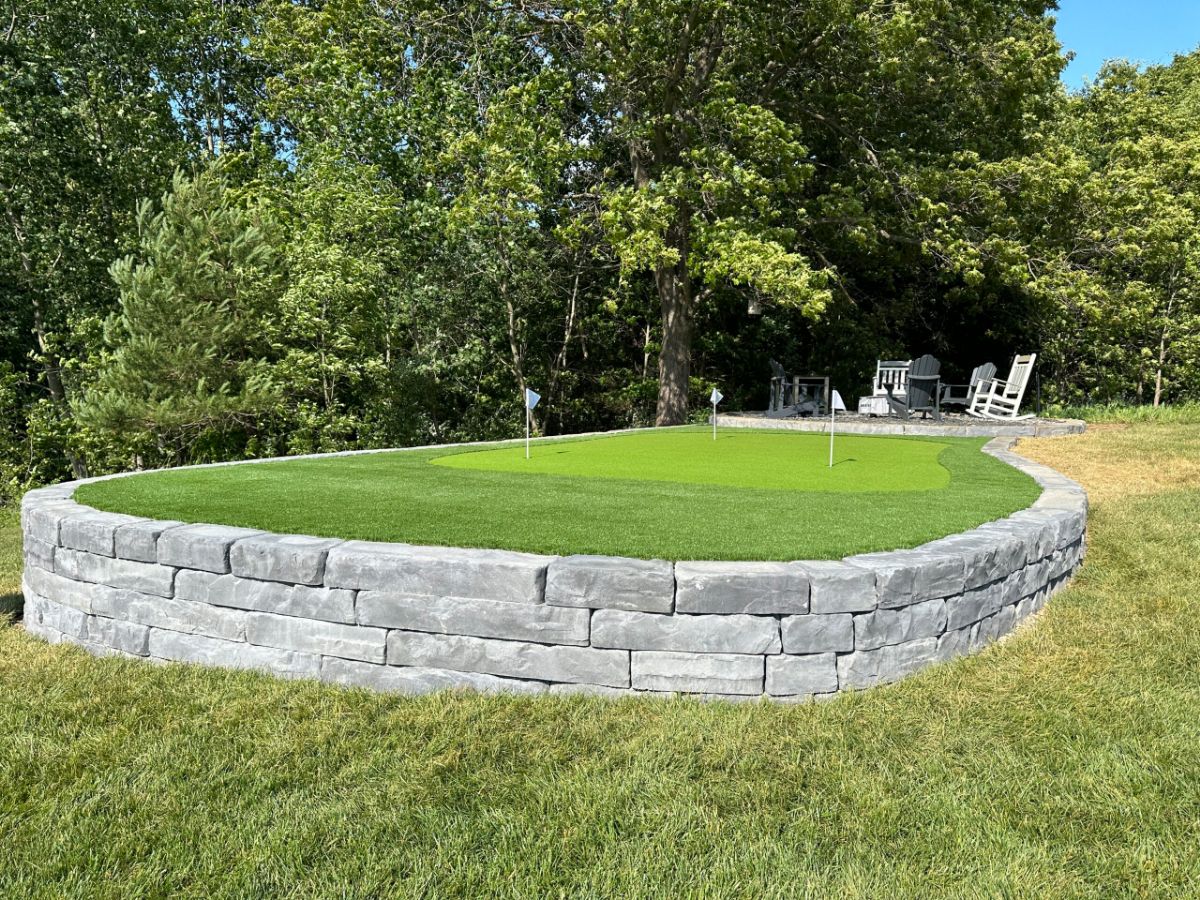
Engineered walls also offer environmental benefits by promoting sustainable land use practices and reducing erosion and sedimentation. By stabilizing slopes, controlling stormwater runoff, and preventing soil erosion, engineered retaining walls help protect natural resources, preserve habitats, and promote ecological balance.
Engineered retaining walls stand as a testament to the evolution of construction techniques, offering a robust solution to the age-old challenge of soil retention and erosion control. Through meticulous design, advanced materials, and innovative construction methods, these walls not only withstand the forces of nature but also elevate the aesthetics and functionality of outdoor spaces.

Click Here To See More Retaining Walls by Platinum Ponds & Landscaping!

